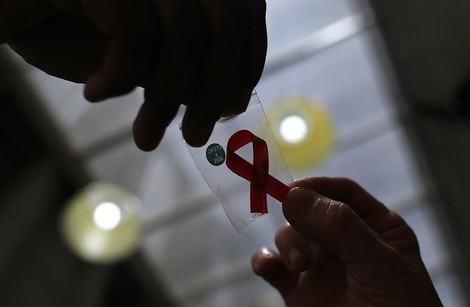Your podcast discovery platform
Curious minds select the most fascinating podcasts from around the world. Discover hand-piqd audio recommendations on your favorite topics.

piqer for: Global finds Health and Sanity Doing Good
Bangalore-based Rashmi Vasudeva's journalism has appeared in many Indian and international publications over the past decade. A features writer with over nine years of experience heading a health and fitness supplement in a mainstream Indian newspaper, her niche areas include health, wellness, fitness, food, nutrition and Indian classical Arts.
Her articles have appeared in various publications including Mint-Wall Street Journal, The Hindu, Deccan Herald (mainstream South Indian newspaper), Smart Life (Health magazine from the Malayala Manorama Group of publications), YourStory (India's media technology platform for entrepreneurs), Avantika (a noir arts and theatre magazine), ZDF (a German public broadcasting company) and others.
In 2006, she was awarded the British Print-Chevening scholarship to pursue a short-term course in new-age journalism at the University of Westminster, U.K. With a double Masters in Globalisation and Media Studies from Aarhus Universitet (Denmark), University of Amsterdam and Swansea University in Wales, U.K., she has also dabbled in academics, travel writing and socio-cultural studies. Mother to a frisky toddler, she hums 'wheels on the bus' while working and keeps a beady eye on the aforementioned toddler's antics.
Rising Resistance To HIV Drugs: WHO Warns The World
Just after some cheery news about the world achieving significant progress in its battle against the HIV/Aids epidemic, comes this dire warning from World Health Organization (WHO). All this progress could as quickly come to nought because of the rising levels of resistance to HIV drugs.
This is not good news, especially in today's climate of growing antibiotic resistance — one of the least talked about but biggest public health threats the world is facing today. According to the WHO’s HIV drug resistance report 2017, in six of the 11 countries surveyed in Africa, Asia and Latin America, over 10 per cent of HIV patients were found to have a strain that was resisting some of the widely used HIV medicines. WHO is, in fact, recommending all countries to urgently review their HIV treatment programmes and consider switching to different drugs to limit the resistance.
Apart from the fact that HIV drug resistance comes under the umbrella of the larger trend of antimicrobial drug resistance worldwide, experts believe HIV drug resistance can also develop if people do not follow a prescribed treatment or do not have access to quality healthcare and therapy. What is frightening is that individuals who are drug resistant may also pass on these drug-resistant viruses to others.
The WHO is estimating that if unchecked, HIV treatment costs can rise by as much as $650 million. The organisation is in the process of issuing new guidelines to help countries address this setback. If ignored, this could easily lead to more infections and eventual deaths, posing a major risk to the global HIV/Aids eradication programme.
